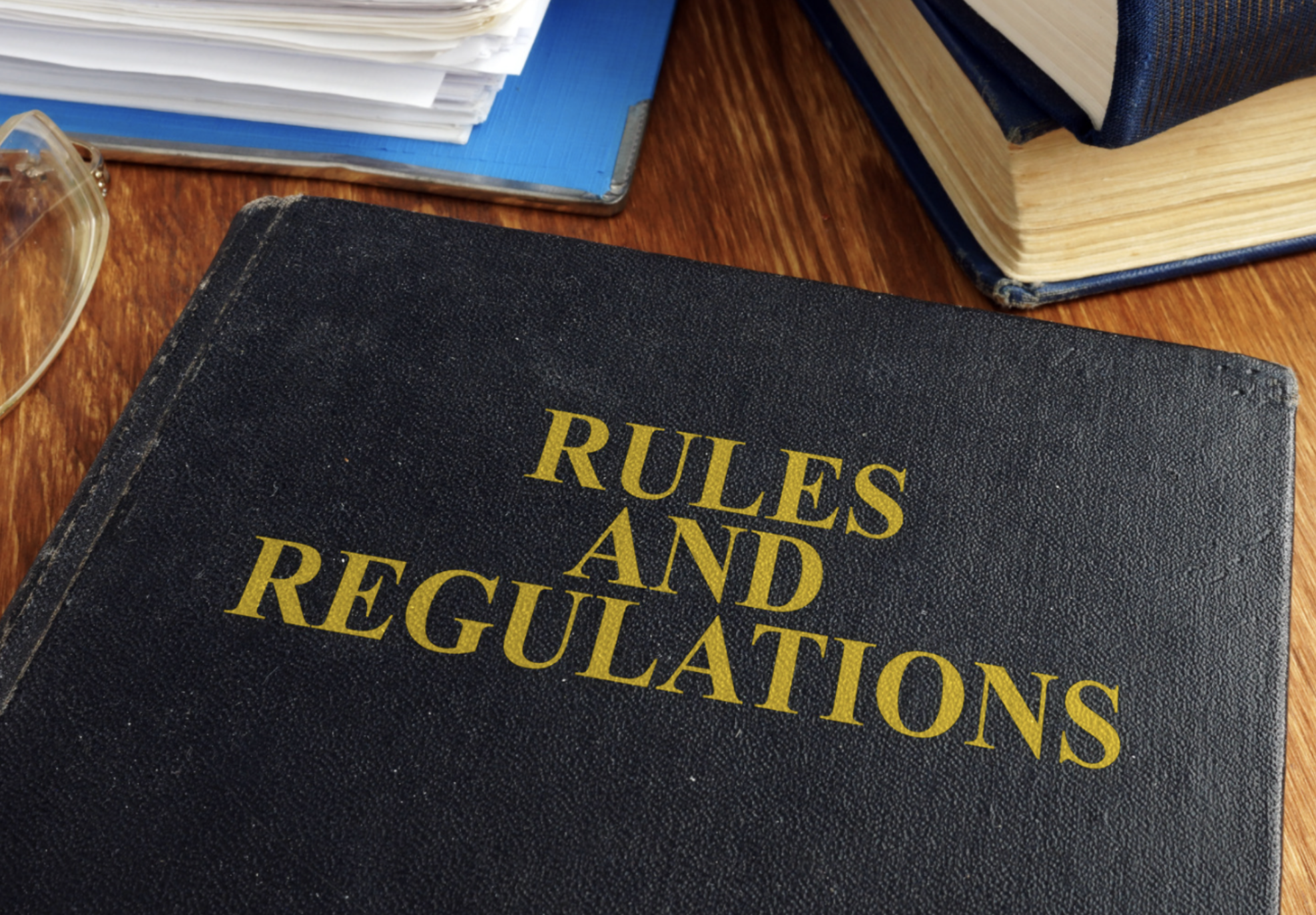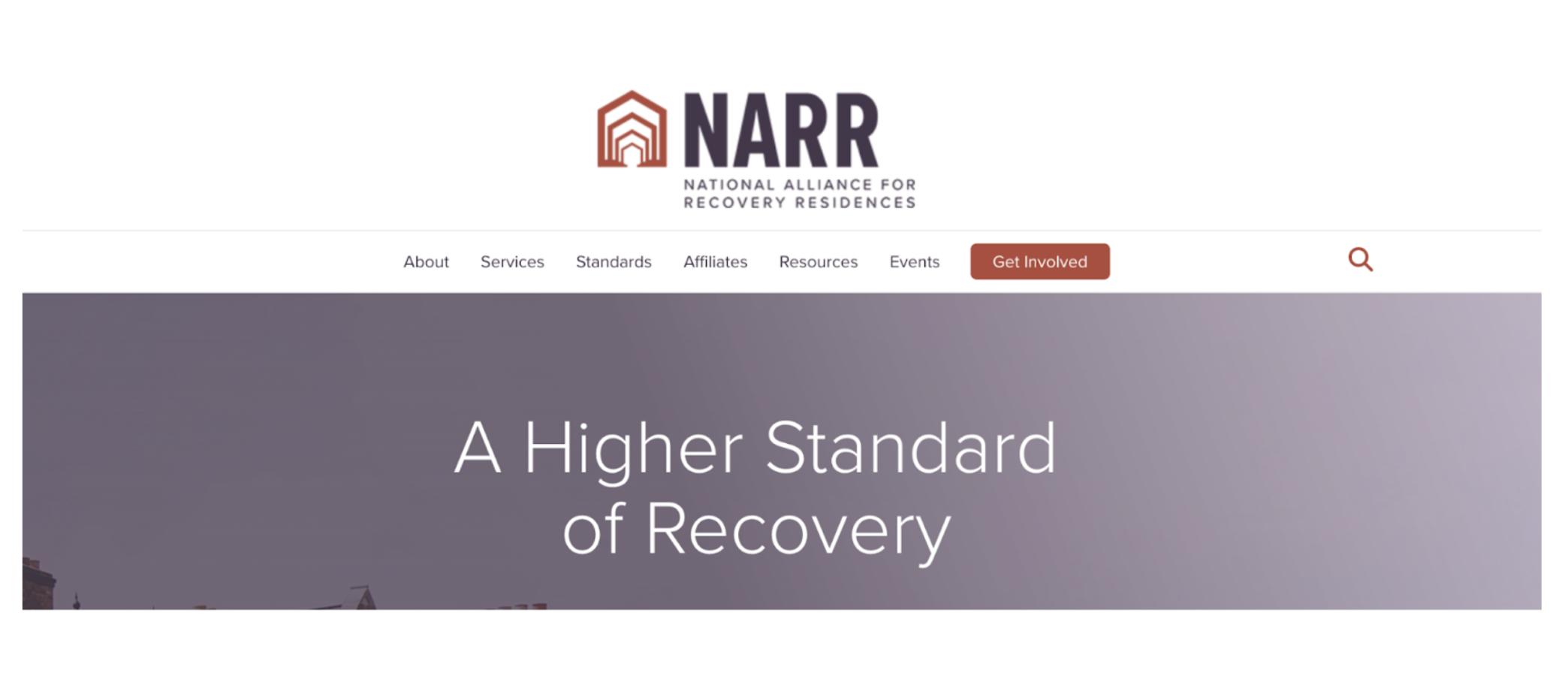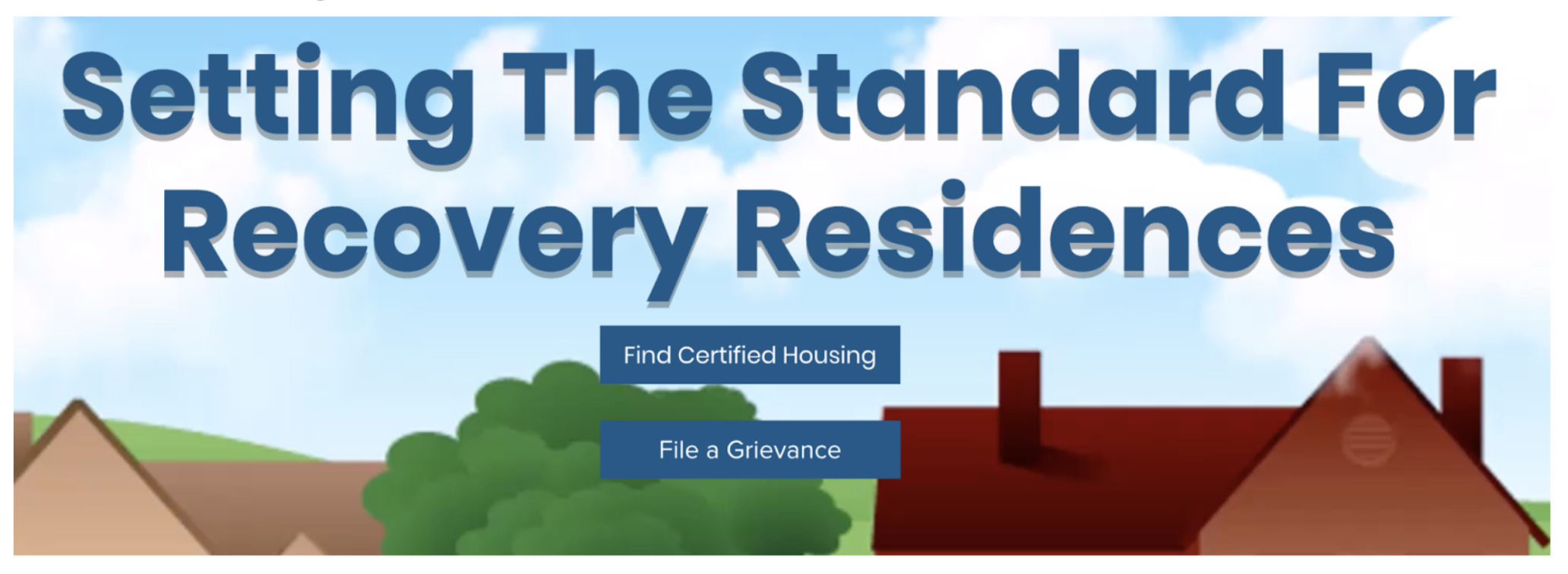Why are sober living homes largely unregulated, even in states with strong NARR affiliates like California, Texas, and Florida?
Sober living homes in the United States are often referred to as the “wild, wild west” of behavioral healthcare because they are largely unregulated. There are many reasons for this situation, the first being that the expansion of the sober living home model is relatively new. Up until recently, the vast majority of sober living facilities were built on a resident-led, non-profit Oxford House model. This model was modest in scale and homes tended to be well cared for, with residents implementing strict community rules that kept good neighbor relations running smoothly.
More recently, as recovery residences are gaining recognition for their critical role in the continuum of care for Substance Use Disorder treatment, profit-driven entities have entered the sober living home space in large numbers. Much to the chagrin of sober living home operators everywhere, the proliferation of recovery homes within residential areas is not always met with a warm welcome by the larger community.
However, national ADA, FHA, and FEHA laws protect sober living home residents from expulsion from residential areas on the grounds that SUD patients qualify for protection from housing discrimination due to their disability status. The protected status of SUD patients and sober living facilities at the federal level is unlikely to change any time soon. The Supreme Court just declined to hear a case attempting to mildly weaken the protected status of sober living home residents in 2023. Federal law trumps local state, county, or municipal law, so these federal protections can be considered one of sober living’s biggest legal assets.
Let’s look at how regulations are evolving in three of the biggest states in the US: California, Texas, and Florida.
California has tried and failed to ban unlicensed sober living homes from residential neighborhoods
California has long grappled with attempts to place restrictions and regulations on sober living homes. Some communities in Southern California, which experience an “overconcentration” of sober living homes in areas zoned residential, have been particularly ardent in their efforts to curtail the rapid expansion of recovery residences.
Although California has a strong NARR affiliate, the California Consortium of Addiction Programs and Professionals (CCAPP), the state does not require sober living homes to seek accreditation with CCAPP in order to operate. There is, in fact, very little government oversight of unlicensed recovery homes in California.
Recent legislation may soon change that state of affairs. For example, Assemblyman Avelina Valencia of Anaheim introduced a bill in 2024 attempting to ban unlicensed sober living homes from residential neighborhoods. As of this writing, the bill has been amended and watered down from its original intention to reflect a simple codification of an existing law which does not require sober living homes to seek licensure. Instead, this existing law requires licensed addiction treatment centers to disclose any relationships they may have with unlicensed sober living facilities, an arrangement very commonly seen in the “Florida model” of addiction treatment and frequently duplicated in parts of California.
You can read more about legislation targeting sober living homes in California here. For more on sober living in California, see: How to Open a Sober Living Home in California.
Texas Governor has threatened to restrict private equity’s ability to purchase single family homes for sober living residences in 2025
Texas does not require sober living homes to seek state certification or NARR-backed accreditation with the local NARR affiliate, The Texas Recovery Oriented Housing Network (TROHN).
In 2019, there was an attempt in Texas to implement standards and regulations for sober living homes. This bill, HB 3969, attempted to restrict public funding to certified sober living homes, leaving recovery residences without certification without access to government money. This bill quickly died that same year and has yet to be resurrected in any form.
However, in 2024, the Governor of Texas, Governor Abbot, took to the social media site formerly known as Twitter to share his displeasure with the unregulated sober living home market in his state. Emphasizing his love of free markets, he still underscored his concern about what he sees as private equity firms artificially inflating consumer costs for housing by buying up residential properties for business use as recovery residences. He has threatened to reanimate this topic in the upcoming 2025 legislative session.
For more on sober living home management and regulation in Texas, see: Operating a Sober Living Home in California, Texas, or Florida? Lawmakers Are Sending More Support Your Way!
Despite abuses, FARR certification is still optional for sober living homes in Florida
Florida has optional certifications for sober living homes available at the Florida Association of Recovery Residences (FARR), the state NARR affiliate of Florida. Residence administrators can also opt to become certified themselves through a separate program with the Florida Certification Board.
Florida does not technically require certification or licensure for any sober living homes, but it does not allow licensed treatment centers to make referrals to non-licensed sober living homes. This is meant to effectively curtail the “Florida model” of addiction treatment business structures, where treatment itself takes place in a day facility in an appropriately zoned physical space, while patients who attend outpatient programming take part in room and board in a second facility, or sober living home, in a converted single family residence within a residentially zoned neighborhood.
There doesn’t appear to be any pending legislation attempting to place further restrictions or regulations on Florida-based sober living homes, but that can change quickly in any given legislative session, so it’s best to keep a close eye on local news to stay abreast of any regulatory developments.
For more on regulations and sober living in the United States, see: Understanding National Regulations on Sober Living Homes in the United States - Part 1 and Part 2
Operating a Sober Living Home in California, Texas or Florida? We’re Here for You
Sober Living App is dedicated to doing one thing: making it easier - and more profitable - to operate sober living homes.
Our all-in-one app handles rent collection, admissions, property management, residents’ care coordination, community contacts, transportation details, calendars, staff, alumni and more - all from the convenience of your phone.
Claim your free trial today and see why more sober living homes prefer the Sober Living App.





